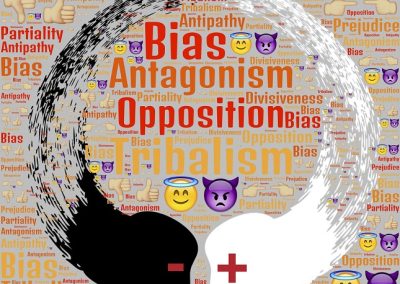When talking about competences, we generally distinguish between hard and soft skills, between technical knowledge and relational and managerial abilities. We know how important soft skills are for teams and organizations: think of listening and teamworking, problem solving, time and priority management, flexibility, and antifragility.
We also understand that hard skills are soft – meaning it’s somehow easier to grow them internally or buy them outside the company. On the other hand, soft skills are hard as they challenge both recruiters and HR managers, and can jeopardize change management efforts.
In the Great Resignation season, soft skills become ‘power skills’ because now they are even more critical to steer change, build trust, motivation, and sense of belonging. These skills are a cut above the rest, both for individuals and organizations.
According to latest LinkedIn’s Learning Report, the most important power skills for today’s companies are resilience and digital fluency, that is the ability to operate in digital environments and continually adapt to new tools and technologies. Communication ranks third, referring to interpersonal and team relations, as well as effective interactions with different stakeholders.
Demand for communication trainings is definitely increasing. Interest is growing for trainings to improve specific competences such as assertiveness (+250% in the last 12 months, says Workplace Learning Trends Report by Udemy), negotiation and facilitation (+148%), business writing (+104%). There is a strong call to improve public speaking and presentation capabilities – both in presence and online – with customized training sessions for corporate spokespeople.
Want to learn more about our public speaking, media and crisis trainings? Find more about our services and our latest training projects.




